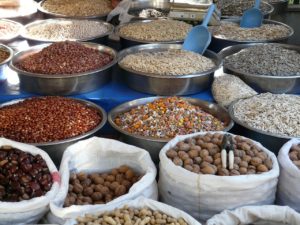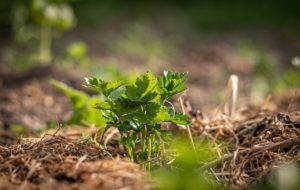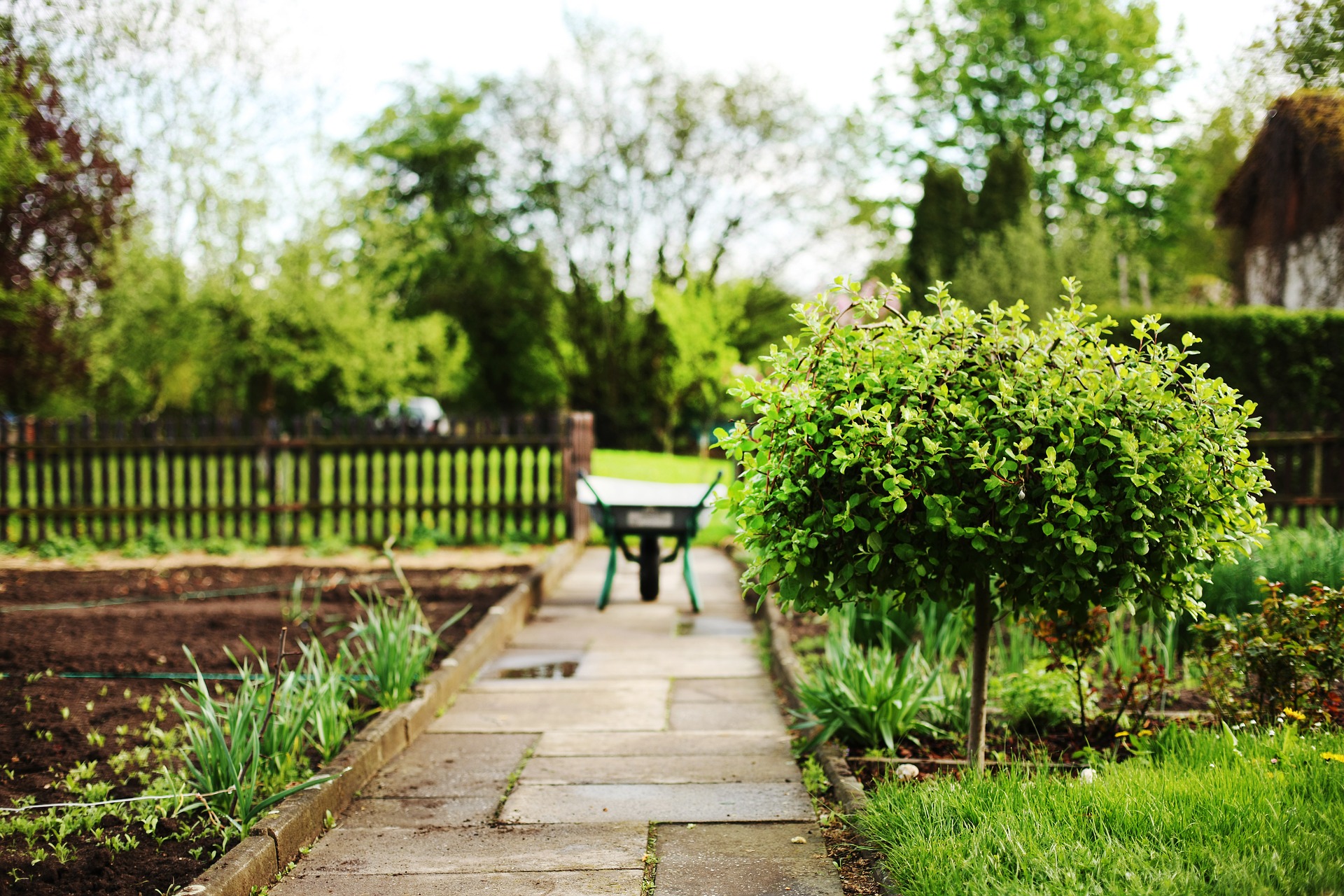3 Home Remedies that Can Improve Your Garden Soil
Every gardener’s goal is to have an abundant harvest or to have healthy plants. With robust foliage, full blooms, and maximized growth, our plants will be more productive and will be more beautiful to everyone’s eyes.
The quality of our plants in our home gardens, whether they are agricultural or decorative depends much on the fertility of the soil. For the soil to be suitable for our plants, we must consider these four elements: minerals, drainage, aeration and the pH of the soil.
The basic minerals that the soil must have are nitrogen, potassium and phosphorus. Proper drainage is important so that water will not accumulate because some plants are not fond of damp conditions which can cause rotting of the roots. Aeration is also crucial as it enables minerals, water and air to reach the roots. The pH of the soil determines its acidity or alkalinity. The ideal pH is near the range of 6.5 to 7.0. When the pH is much below or above the median, the soil may not be suitable for most plants.
The following organic solutions ensure that your plants get the needed minerals, lower or elevate the pH of the soil to ideal levels and aid in preventing water accumulation while aerating plant roots as well.
 Cover Crops
Cover Crops
The use of cover crops will not let your home garden space vacant and unproductive while you are waiting for the next planting season. More importantly, cover crops prepare the soil for planting by aerating the soil, elevating mineral deposits, helping in water absorption and neutralizing the pH of your garden soil.
There are a variety of plants that can be used as a cover crop, which is also known as green manure. Most common crop seeds are red clover, buckwheat, hairy vetch, and winter rye, among others.
Compost
Decomposed organic matter or humus is an excellent fertilizer to your plants. Piling up your garden refuse and kitchen scraps and letting them decompose for about a year is the most practical source of fertilizer for your plant. While it is 100% organic, it ensures that your soil gets additional fertility by mixing the compost to your garden soil.
Organic materials which are used in composts help in neutralizing the acidity or alkalinity of the soil, and they can also hold moisture.
 Mulch
Mulch
Unlike composting, mulch is placed on top of the garden soil and acts as a protective layer of organic materials. Aside from the nutrients that it can impart to the soil while getting decomposed over time, it also suppresses weed growth and retains moisture.
Although much of the success of your gardening requires the fertility of the soil, the type of soil in your garden should also be a significant consideration. Whether it is silty, clayey, or sandy, there are ways to neutralize it to become the ideal soil for your crops.

